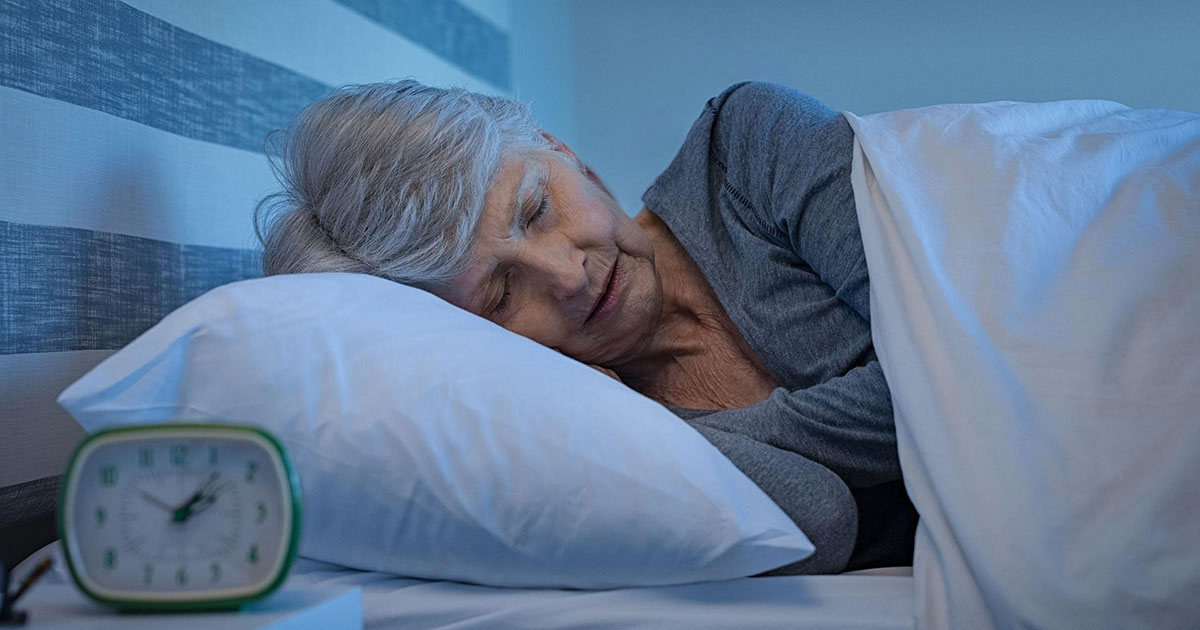Oftentimes as we age, our quality of sleep and the amount of sleep we get deteriorates. In fact, according to the Sleep Foundation, as early as middle age we lose about 27 minutes of sleep every night with each decade that we age. In addition, the current environment we are all living in with the continued worry of Coronavirus may be increasing the likelihood of insomnia in the elderly.
What is insomnia?
Insomnia is a sleep disorder that can make it difficult to fall asleep or stay asleep. It can also cause you to wake up too early or make it difficult to fall back asleep once woken up. It can affect not only your energy levels, but also your overall mood. Those that are affected by insomnia may suffer from a lack of being able to regulate their emotions as well as an overall decrease in their quality of life. Insomnia symptoms may include:
- Difficulty falling asleep
- Waking up often in the night
- Waking up too early
- Not feeling well-rested after a night’s sleep
- Daytime tiredness or sleepiness
- Irritability, depression or anxiety
- Difficulty remaining alert or focusing
- Difficulty remembering
Insomnia and Aging
Insomnia becomes more common with age for a few main reasons.
Changes in Sleep Patterns
Sleep is often less restful as you age, so the likelihood of being woken up increases and it can be difficult to go back to sleep. And while older adults still need the same amount of sleep as younger adults, their internal clock oftentimes keeps them up later and wakes them up earlier.
Medications
Older people typically take more medications than when they were younger and many prescription medications can make it more difficult to sleep.
Changes in Activity
Older adults are typically less physically and socially active which can make it difficult to get a good night’s sleep.
Ways To Combat Insomnia
- Stick to a routine and try to wake up and go to bed at the same time each day.
- Make your bedroom as comfortable as possible and try to reserve that area for relaxation and sleep.
- Try a bedtime ritual–play soft music, take a bath or read a book each night to cue your mind that it’s time for sleep.
- Talk to your doctor about any medications that may be keeping you awake at night.
- Limit napping during the day to ensure you are ready for sleep at night.
- Avoid large meals prior to bedtime–they can keep you awake.
- Keep active–staying physically and socially active each day can prepare you for a good night’s sleep.

